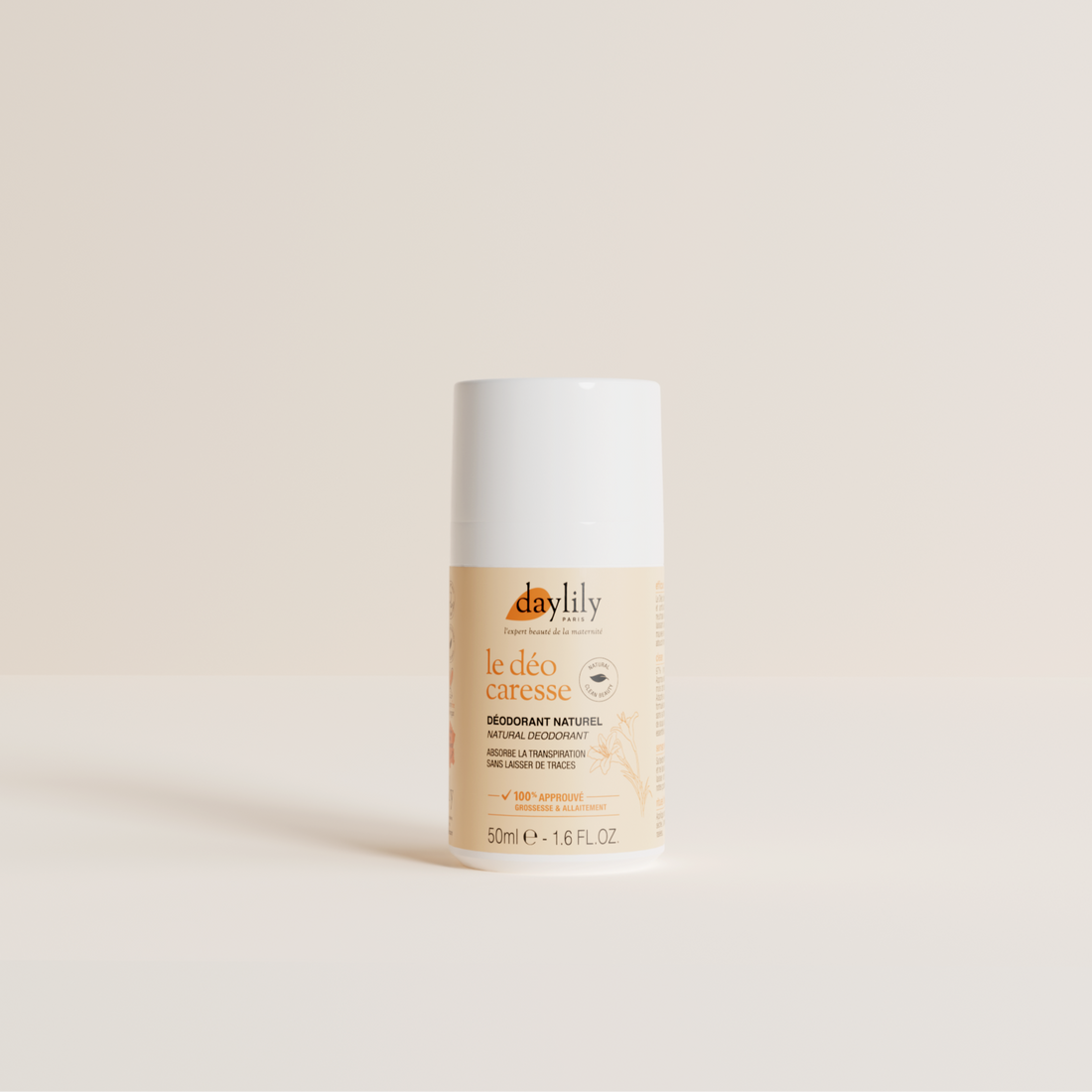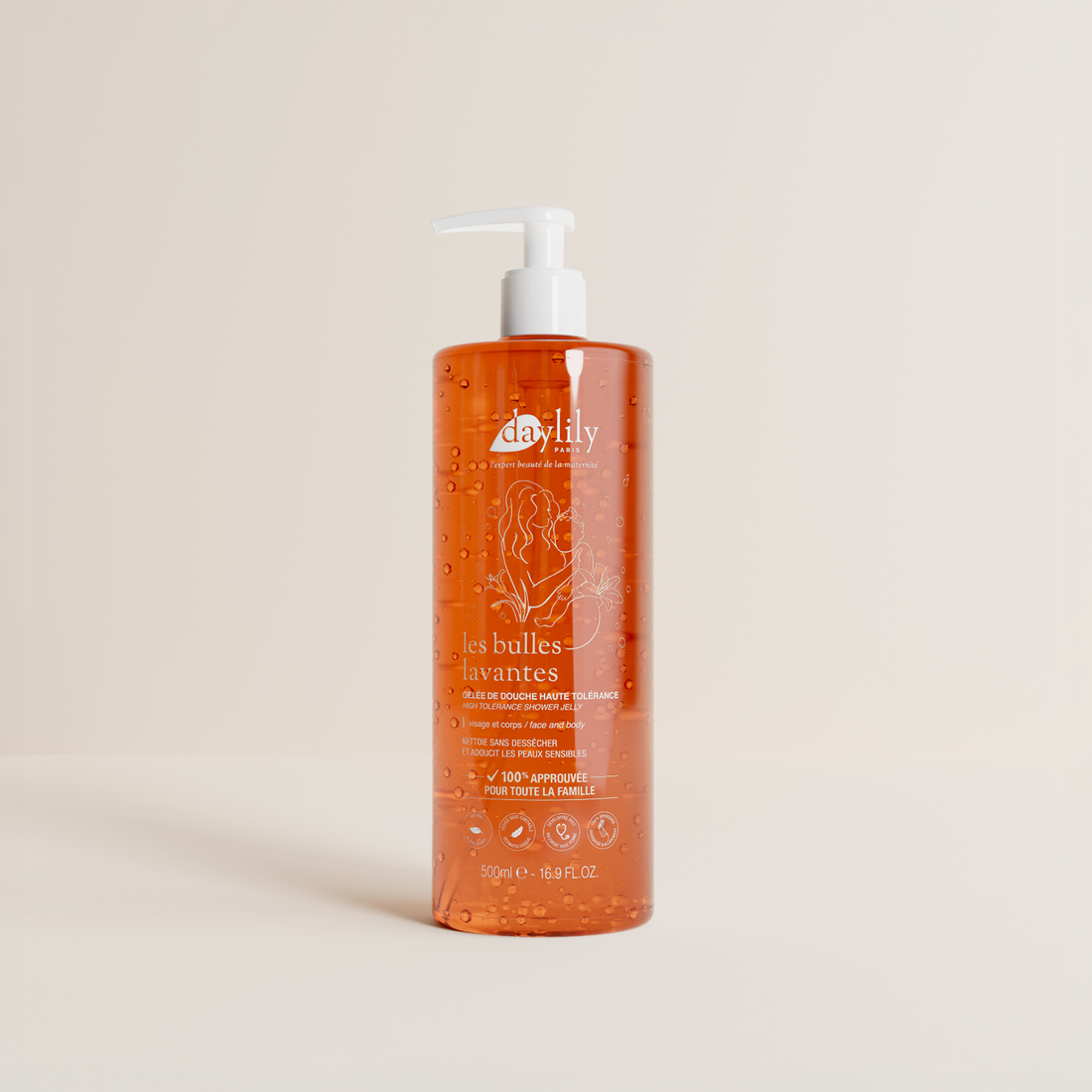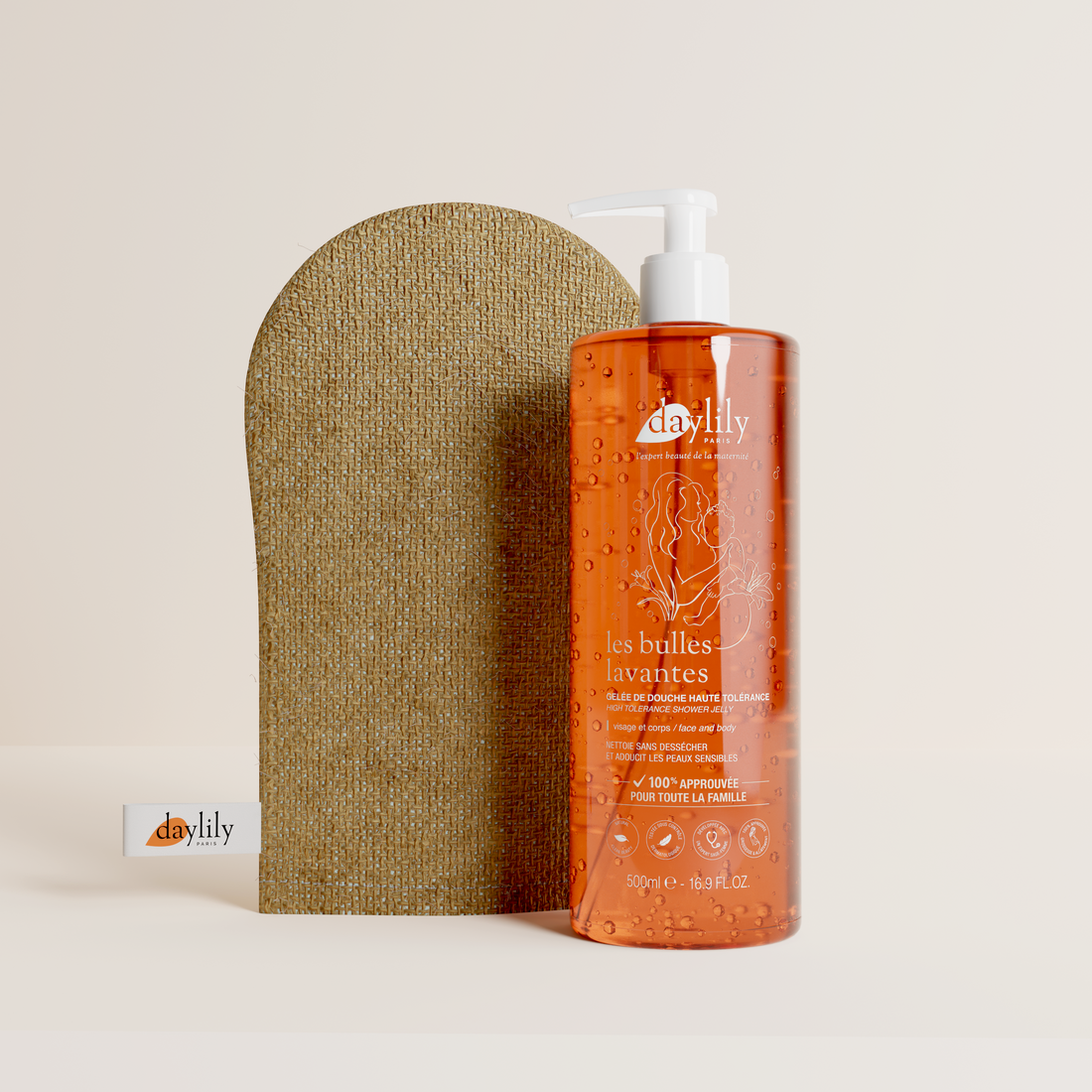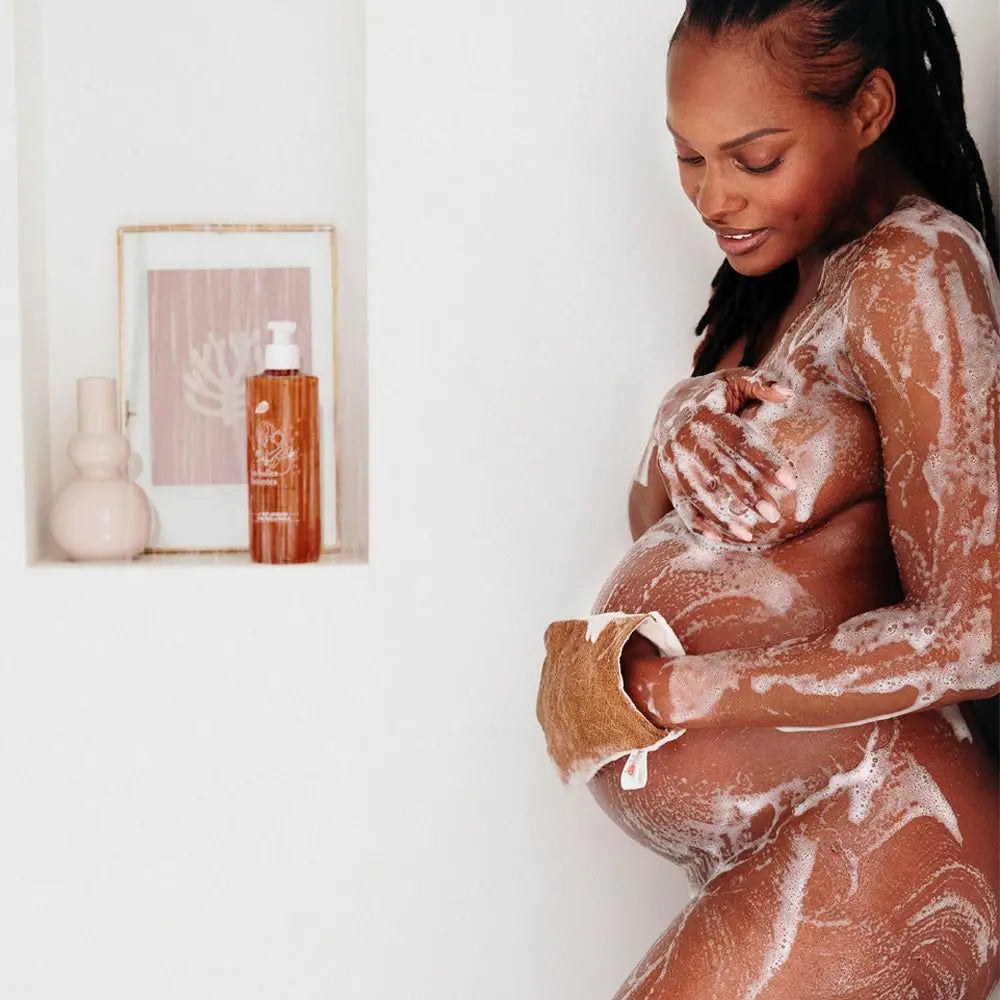- At 12 months, dazzling progress in motor skills
- Increasingly marked communication for babies
- Meals: towards a “grown-up” diet
- Twelve months later… and on the mother’s side?
At 12 months, dazzling progress in motor skills
“So, he’s walking?” » This is definitely the big question you'll be asked regularly, as many babies take their first steps around twelve months of age. However, don't worry if yours prefers to crawl on all fours or be carried: everyone has their own pace, learning to walk will soon arrive!
In all cases, the child's overall motor skills develop at great speed: baby will try to go up and down the stairs (frights guaranteed!), move forward alone on his carrier, and the most stunted will perhaps risk to climbing certain pieces of furniture... When they tell you that being parents is not easy!
In terms of fine motor skills, here too great progress can be noted at the age of twelve months: baby begins to hold a pencil and scribble, he manages to grab small objects, put toys in a container and stack a few cubes that he then takes pleasure in knocking over. Among his favorite games and activities : having fun with developmental toys, listening to or playing music, dancing, “reading” a book: at 12 months, baby begins to turn the pages of a board book. Little by little, the movements become more precise and soon your child will be able to catch and handle everything like a grown-up... or almost!
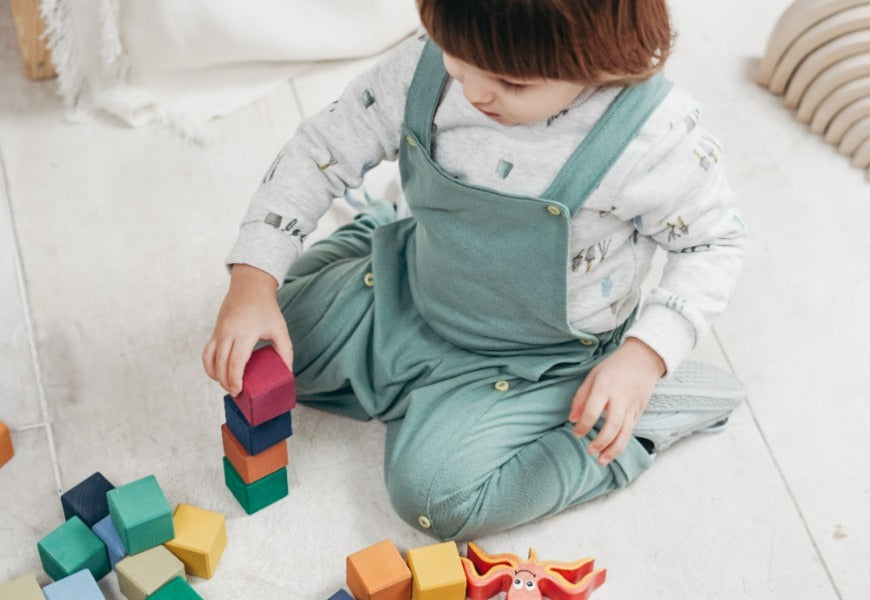
Increasingly marked communication for babies
Around 12 months, baby understands simple sentences and tries to express himself more and more! Language skills can be very different from one child to another: some babies have a few words under their belt, like mom and dad, others express themselves in adorable babble, still others don't seem very interested in language... Again, everyone has their own pace!
And if his expression does not (yet) come through words, baby uses body language to communicate: he points to objects, comes to cuddle you and bursts out laughing when he is happy. The opposite is also true: if he's not happy, he'll let you know! Perhaps you have noticed big crying fits when you drop him off at daycare or at your nanny's house. This phase, called separation anxiety, generally appears around 8 months of age and can last up to 18 months.
A baby at 12 months can still cry often: tears also remain a way of communicating, since birth. Separation anxiety, frustration, dental pain... It's not always easy to interpret a child's cries. To see more clearly, do not hesitate to consult our article How to calm a crying baby.
Meals: towards a “grown-up” diet
Dietary diversification began several months ago, and at one year old, baby must have tasted most foods during his meals: fruits, vegetables, without forgetting starchy foods and sources of protein. Yum ! Your child has been starting to eat pieces for a few weeks; it is recommended to introduce them from 9 months (1), and his meals have a less smooth texture. If you have opted for child-led diversification, he or she has been eating pieces for several months already.
Baby prefers vegetable puree, his bottle of milk and rejects food in pieces? Keep offering it to him regularly to get him used to it, it will come! Perhaps he is also trying to eat on his own, with more or less success, which is completely normal because the use of a spoon will be acquired by the age of 18 months. Don't hesitate to give your little girl or boy a second spoon so that he or she can practice bringing food to their mouth and progress.
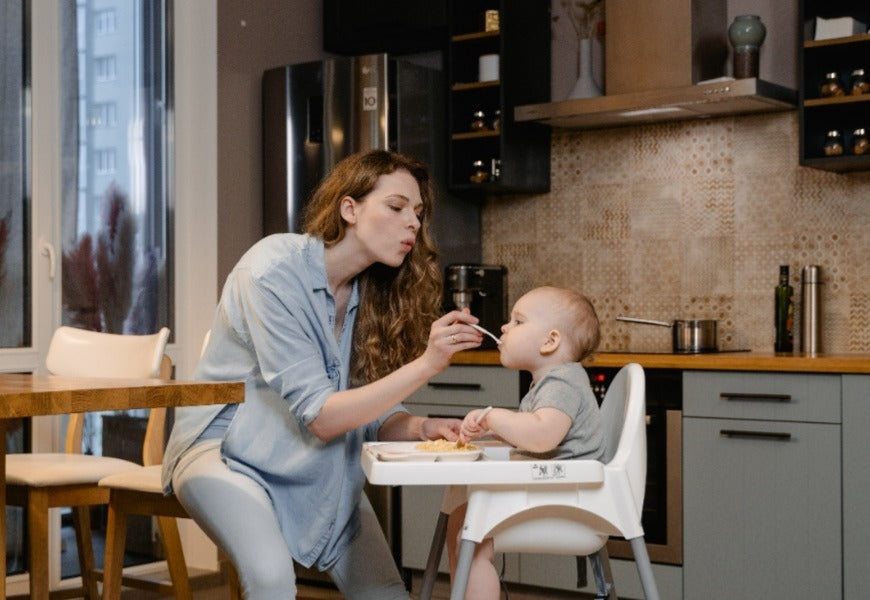
If your child already seems big, there is no question of considering him as a mini adult and giving him the same meals as you. Their health is at stake and their diet must always be adapted, even if you eat meals as a family. For example, there is no point in salting your dishes because you find the vegetables bland: sodium can overload the kidneys of babies who will not reach maturity before they are two years old. The same goes for proteins: between 12 and 24 months, 20 g of proteins (2) are recommended per day so as not to tire your kidneys.
It is the same logic that should encourage you not to give him classic cow's milk, but to opt instead for a growth milk : these milks are rich in vitamins and low in proteins to meet the needs of the child and promote good development and normal growth.
Twelve months later… and on the mother’s side?
The first birthday is always a big milestone for both the baby and his mother. It is not uncommon to feel a little nostalgic when seeing the journey since birth and taking a step back from this intense year: learning about “life as parents”, lack of sleep, great joys and little anxieties have certainly intertwined in one big whirlwind over the past 12 months.
If there is still plenty of learning to do, your baby is becoming a real little boy or girl. We reassure you: many tender moments and cuddles galore still await you over the coming years!





